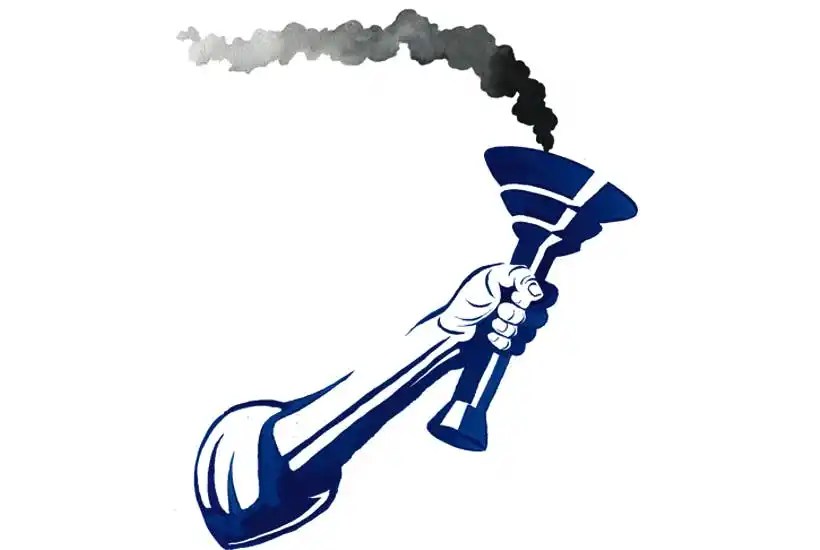It was Evelyn Waugh who dismissed the Tories as having ‘never put the clock back a single second’. Now, even the party’s own MPs seem similarly sceptical, with Danny Kruger lamenting the last 14 years of power as leaving the country ‘sadder, less united and less conservative’. It’s one thing for a parliamentarian to bemoan the party for dropping in the polls, but unusual for one to be so scathing of an entire period of government.
Already a subscriber? Log in
Subscribe for just $2 a week
Try a month of The Spectator Australia absolutely free and without commitment. Not only that but – if you choose to continue – you’ll pay just $2 a week for your first year.
- Unlimited access to spectator.com.au and app
- The weekly edition on the Spectator Australia app
- Spectator podcasts and newsletters
- Full access to spectator.co.uk
Or




















Comments
Don't miss out
Join the conversation with other Spectator Australia readers. Subscribe to leave a comment.
SUBSCRIBEAlready a subscriber? Log in